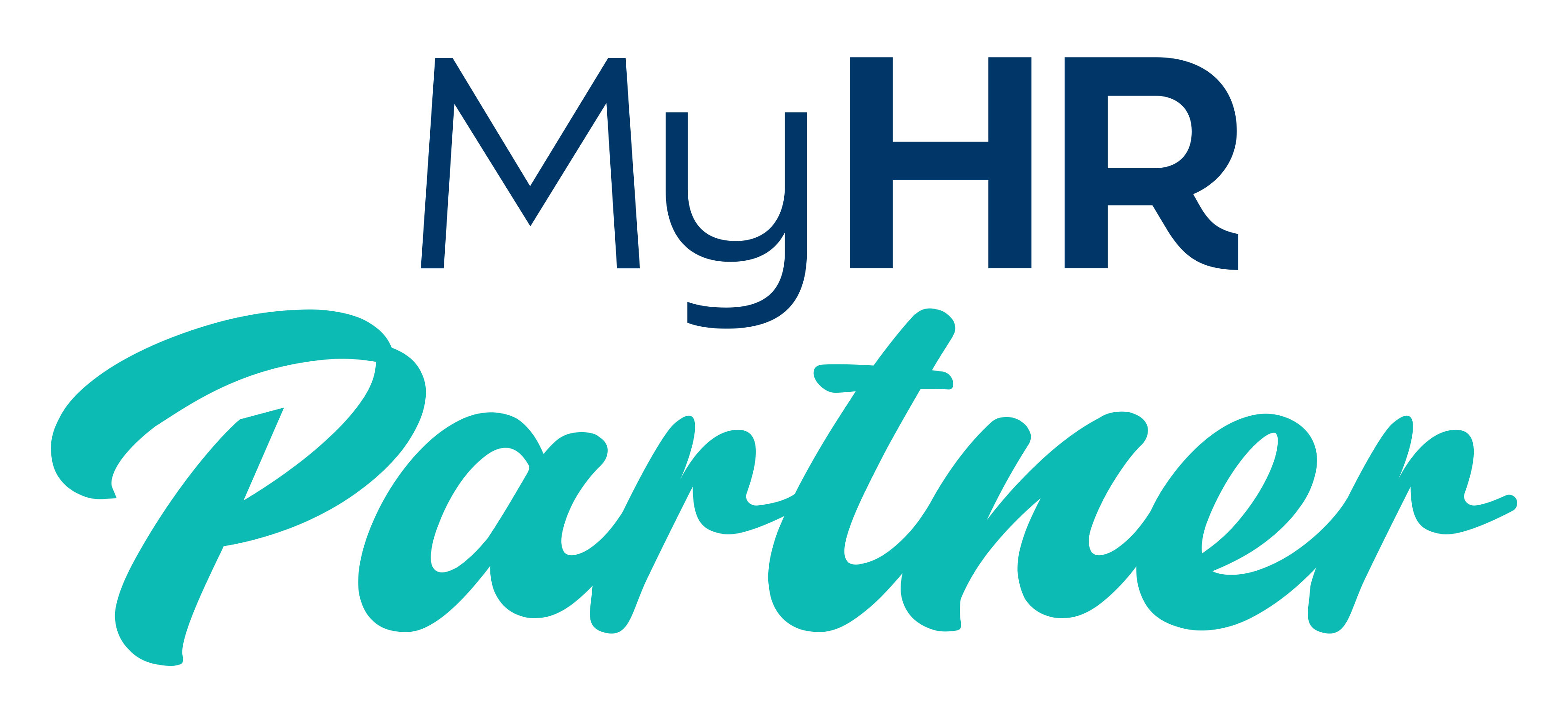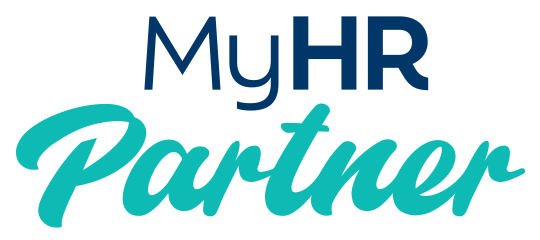Unlocking the Power of Human Resources: Welcome to Our Blog!
Discover HR updates, the latest trends, best practices, and innovative strategies shaping the world of Human Resources in Australia. From talent acquisition to employee engagement, we delve into the intricacies of HR management to empower organisations.
Let's navigate the dynamic landscape of HR together.

Understanding the National Employment Standards
Understanding the National Employment Standards in Australia
The National Employment Standards (NES) are the foundation of Australia’s workplace laws, designed to protect employees and provide a framework for fair and equitable employment conditions. Applicable to most workplaces across the country, the NES ensures that all employees receive basic minimum entitlements.
In this blog, we’ll explore the key elements of the NES, why they’re important, and how they impact both employers and employees.
What Are the National Employment Standards?
The NES is a set of 11 minimum employment entitlements established under the Fair Work Act 2009. These standards apply to all employees covered by the national workplace relations system, ensuring consistency and fairness in workplaces across Australia.
The 11 Key Entitlements of the NES
Maximum Weekly Hours of Work 38 hours per week, plus reasonable additional hours.
Requests for Flexible Working Arrangements Eligible employees (such as parents, carers, or those with a disability) can request flexible work arrangements, including adjusted hours or remote working.
Parental Leave and Related Entitlements Employees can access up to 12 months of unpaid parental leave, with the option to request an additional 12 months.
Annual Leave Full time employees are entitled to four weeks of paid annual leave each year, with additional leave for certain shift workers. Part time employees are entitled to four weeks leave on a pro rata basis based on their contracted hours.
Personal/Carer’s Leave and Compassionate Leave Employees receive 10 days of paid personal/carer’s leave annually and up to two days of unpaid carer’s leave or compassionate leave when required. Part time employees are entitled to 10 days personal/carer's leave on ampro rata basis based on their contracted hours.
Community Service Leave This allows employees to take leave for eligible community service activities, such as jury duty or emergency service volunteering.
Long Service Leave Employees who have worked for the same employer for an extended period are entitled to long service leave, with specific entitlements varying by state or territory.
Public Holidays Employees are entitled to take time off on public holidays, with payment if they would normally work that day. Employees who work on a public holiday are entitled to be paid penalty rates.
Notice of Termination and Redundancy Pay Employers must provide notice of termination or pay in lieu, along with redundancy pay for eligible employees, based on their length of service.
Provision of a Fair Work Information Statement and a Casual Employment Information Statement Employers are required to provide all new employees with the Fair Work Information Statement, outlining their rights and entitlements under the NES. All casual employees must also be given the Casual Employment Information Statement when they start employment, and at set times throughout their employment.
Casual Conversion Regular casual employees may have the right to request conversion to permanent full-time or part-time employment after meeting specific criteria.
Why Is the NES Important?
The NES is critical for establishing a fair and consistent baseline for employment conditions across Australia. It protects employees from exploitation, promotes work-life balance, and ensures that all workers have access to the same fundamental minimum entitlements.
For employers, the NES provides clear guidelines to help maintain compliance with workplace laws. Understanding and adhering to these standards is essential to avoid legal risks, such as penalties for non-compliance, and to build a positive workplace culture.
It's important for employers to understand the minimum entitlements of their employees.
Who Does the NES Apply To?
The NES applies to most employees in Australia who are covered by the national workplace relations system, which includes those under modern awards, enterprise agreements, or individual employment contracts. However, certain entitlements may not apply to casual employees, depending on their specific circumstances.
How Can Employers Ensure Compliance?
To comply with the NES, employers should:
Familiarise themselves with the full details of the NES.
Review and update employment contracts, policies, and procedures to align with these standards.
Provide new employees with the Fair Work Information Statement and the Casual Employment Information Statement for casual employees.
Keep accurate records of employee entitlements and leave balances.
Understand minimum entitlements.
Seek professional advice if unsure about obligations.
Conclusion
The National Employment Standards are a really important part of Australia’s workplace laws, ensuring fairness and equity for employees while providing a clear framework for employers. By understanding and adhering to the NES, businesses can foster a compliant and positive working environment that benefits everyone involved.
For more guidance on the NES and how it applies to your business, contact My HR Partner today. We’re here to simplify HR for you!
Our Latest Blog Post

Understanding the National Employment Standards
Understanding the National Employment Standards in Australia
The National Employment Standards (NES) are the foundation of Australia’s workplace laws, designed to protect employees and provide a framework for fair and equitable employment conditions. Applicable to most workplaces across the country, the NES ensures that all employees receive basic minimum entitlements.
In this blog, we’ll explore the key elements of the NES, why they’re important, and how they impact both employers and employees.
What Are the National Employment Standards?
The NES is a set of 11 minimum employment entitlements established under the Fair Work Act 2009. These standards apply to all employees covered by the national workplace relations system, ensuring consistency and fairness in workplaces across Australia.
The 11 Key Entitlements of the NES
Maximum Weekly Hours of Work 38 hours per week, plus reasonable additional hours.
Requests for Flexible Working Arrangements Eligible employees (such as parents, carers, or those with a disability) can request flexible work arrangements, including adjusted hours or remote working.
Parental Leave and Related Entitlements Employees can access up to 12 months of unpaid parental leave, with the option to request an additional 12 months.
Annual Leave Full time employees are entitled to four weeks of paid annual leave each year, with additional leave for certain shift workers. Part time employees are entitled to four weeks leave on a pro rata basis based on their contracted hours.
Personal/Carer’s Leave and Compassionate Leave Employees receive 10 days of paid personal/carer’s leave annually and up to two days of unpaid carer’s leave or compassionate leave when required. Part time employees are entitled to 10 days personal/carer's leave on ampro rata basis based on their contracted hours.
Community Service Leave This allows employees to take leave for eligible community service activities, such as jury duty or emergency service volunteering.
Long Service Leave Employees who have worked for the same employer for an extended period are entitled to long service leave, with specific entitlements varying by state or territory.
Public Holidays Employees are entitled to take time off on public holidays, with payment if they would normally work that day. Employees who work on a public holiday are entitled to be paid penalty rates.
Notice of Termination and Redundancy Pay Employers must provide notice of termination or pay in lieu, along with redundancy pay for eligible employees, based on their length of service.
Provision of a Fair Work Information Statement and a Casual Employment Information Statement Employers are required to provide all new employees with the Fair Work Information Statement, outlining their rights and entitlements under the NES. All casual employees must also be given the Casual Employment Information Statement when they start employment, and at set times throughout their employment.
Casual Conversion Regular casual employees may have the right to request conversion to permanent full-time or part-time employment after meeting specific criteria.
Why Is the NES Important?
The NES is critical for establishing a fair and consistent baseline for employment conditions across Australia. It protects employees from exploitation, promotes work-life balance, and ensures that all workers have access to the same fundamental minimum entitlements.
For employers, the NES provides clear guidelines to help maintain compliance with workplace laws. Understanding and adhering to these standards is essential to avoid legal risks, such as penalties for non-compliance, and to build a positive workplace culture.
It's important for employers to understand the minimum entitlements of their employees.
Who Does the NES Apply To?
The NES applies to most employees in Australia who are covered by the national workplace relations system, which includes those under modern awards, enterprise agreements, or individual employment contracts. However, certain entitlements may not apply to casual employees, depending on their specific circumstances.
How Can Employers Ensure Compliance?
To comply with the NES, employers should:
Familiarise themselves with the full details of the NES.
Review and update employment contracts, policies, and procedures to align with these standards.
Provide new employees with the Fair Work Information Statement and the Casual Employment Information Statement for casual employees.
Keep accurate records of employee entitlements and leave balances.
Understand minimum entitlements.
Seek professional advice if unsure about obligations.
Conclusion
The National Employment Standards are a really important part of Australia’s workplace laws, ensuring fairness and equity for employees while providing a clear framework for employers. By understanding and adhering to the NES, businesses can foster a compliant and positive working environment that benefits everyone involved.
For more guidance on the NES and how it applies to your business, contact My HR Partner today. We’re here to simplify HR for you!
We provide HR advice and support. We have trusted partners to assist with any employment law issues
outside of our scope.
More info
Suite 17, 741-743 Lawrence Hargrave Drive, Coledale NSW 2515
Suite 4, 133 Wharf Street, Tweed Heads NSW 2485
ABN 30 644 527 015

Get HR Advice from our HR expert
Our Latest Blog Post

Understanding the National Employment Standards
Understanding the National Employment Standards in Australia
The National Employment Standards (NES) are the foundation of Australia’s workplace laws, designed to protect employees and provide a framework for fair and equitable employment conditions. Applicable to most workplaces across the country, the NES ensures that all employees receive basic minimum entitlements.
In this blog, we’ll explore the key elements of the NES, why they’re important, and how they impact both employers and employees.
What Are the National Employment Standards?
The NES is a set of 11 minimum employment entitlements established under the Fair Work Act 2009. These standards apply to all employees covered by the national workplace relations system, ensuring consistency and fairness in workplaces across Australia.
The 11 Key Entitlements of the NES
Maximum Weekly Hours of Work 38 hours per week, plus reasonable additional hours.
Requests for Flexible Working Arrangements Eligible employees (such as parents, carers, or those with a disability) can request flexible work arrangements, including adjusted hours or remote working.
Parental Leave and Related Entitlements Employees can access up to 12 months of unpaid parental leave, with the option to request an additional 12 months.
Annual Leave Full time employees are entitled to four weeks of paid annual leave each year, with additional leave for certain shift workers. Part time employees are entitled to four weeks leave on a pro rata basis based on their contracted hours.
Personal/Carer’s Leave and Compassionate Leave Employees receive 10 days of paid personal/carer’s leave annually and up to two days of unpaid carer’s leave or compassionate leave when required. Part time employees are entitled to 10 days personal/carer's leave on ampro rata basis based on their contracted hours.
Community Service Leave This allows employees to take leave for eligible community service activities, such as jury duty or emergency service volunteering.
Long Service Leave Employees who have worked for the same employer for an extended period are entitled to long service leave, with specific entitlements varying by state or territory.
Public Holidays Employees are entitled to take time off on public holidays, with payment if they would normally work that day. Employees who work on a public holiday are entitled to be paid penalty rates.
Notice of Termination and Redundancy Pay Employers must provide notice of termination or pay in lieu, along with redundancy pay for eligible employees, based on their length of service.
Provision of a Fair Work Information Statement and a Casual Employment Information Statement Employers are required to provide all new employees with the Fair Work Information Statement, outlining their rights and entitlements under the NES. All casual employees must also be given the Casual Employment Information Statement when they start employment, and at set times throughout their employment.
Casual Conversion Regular casual employees may have the right to request conversion to permanent full-time or part-time employment after meeting specific criteria.
Why Is the NES Important?
The NES is critical for establishing a fair and consistent baseline for employment conditions across Australia. It protects employees from exploitation, promotes work-life balance, and ensures that all workers have access to the same fundamental minimum entitlements.
For employers, the NES provides clear guidelines to help maintain compliance with workplace laws. Understanding and adhering to these standards is essential to avoid legal risks, such as penalties for non-compliance, and to build a positive workplace culture.
It's important for employers to understand the minimum entitlements of their employees.
Who Does the NES Apply To?
The NES applies to most employees in Australia who are covered by the national workplace relations system, which includes those under modern awards, enterprise agreements, or individual employment contracts. However, certain entitlements may not apply to casual employees, depending on their specific circumstances.
How Can Employers Ensure Compliance?
To comply with the NES, employers should:
Familiarise themselves with the full details of the NES.
Review and update employment contracts, policies, and procedures to align with these standards.
Provide new employees with the Fair Work Information Statement and the Casual Employment Information Statement for casual employees.
Keep accurate records of employee entitlements and leave balances.
Understand minimum entitlements.
Seek professional advice if unsure about obligations.
Conclusion
The National Employment Standards are a really important part of Australia’s workplace laws, ensuring fairness and equity for employees while providing a clear framework for employers. By understanding and adhering to the NES, businesses can foster a compliant and positive working environment that benefits everyone involved.
For more guidance on the NES and how it applies to your business, contact My HR Partner today. We’re here to simplify HR for you!
We provide HR advice and support.
We have trusted partners to assist with
any employment law issues outside
of our scope.
More info
PO Box 1079
Coolangatta QLD 4225
ABN 30 644 527 015
Get HR Advice from our HR expert








